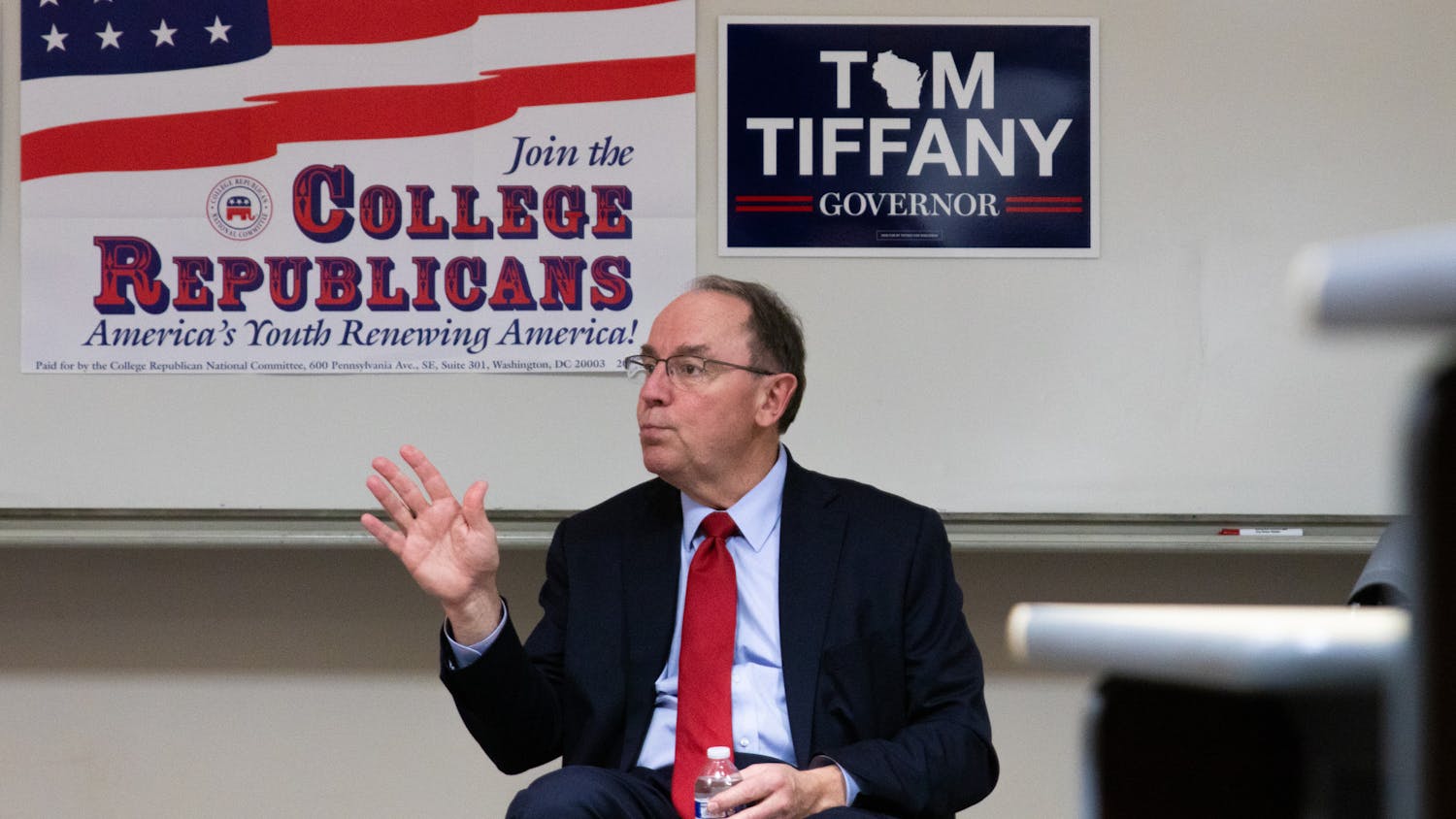My mother always said it is never a good idea to get yourself into something you cannot get out of. That sentiment is especially true when you are talking about signing a lease. Considering any lease one signs is essentially a yearlong commitment to some mysterious landlord, it is advantageous to know your rights.
Many students will gladly leave the dorm life in search an alternative to a living space that is about the size of some closets. Yet off-campus living is surely no utopia. As such, it is best not to throw caution to the wind and find the cheapest dump available. Because no matter what landlords will claim about their property, discrepancies abound between what a property \looks like"" and actually is.
To be sure, landlords are not necessarily evil people; they are out to make a buck just like the rest of us. But many of the area's landlords prey on uninformed students as most are often na??ve when it comes to such matters. Many of us take for granted that landlords will hold up their end of the bargain as promised. Ask any experienced off-campus resident and they will probably tell you otherwise.
One could encounter any number of problems living off campus. From securing utilities and amenities to discovering upon move-in day that maybe it would be best just to not go into your basement at all, college students face a wealth of problems they have probably never dealt with before. I have heard horror stories of tenants losing upward of $500 of their security deposit because a landlord ""decided"" to replace the carpeting and charged the past tenants for the installation.
Houses present a host of problems that a potential tenant is forced to deal with quickly and oftentimes blindly. As in most aspects of life, it is always better to ask questions than to assume what the answer is. But sometimes asking questions of a landlord is insufficient. Landlords maintain a few requirements regarding the condition of your living space that they are obligated to inform you of, but for the most part, a smart landlord can skirt the issue until you have dotted the ""is"" and crossed the ""ts"" on your lease.
To that end, the UW in conjunction with the City of Madison offers an extremely valuable resource: the Tenant Resource Center, 1202 Williamson St. Through both its physical location and Web site, http://trc.studentorg.wisc.edu, the Tenant Resource Center offers a unique and free opportunity for potential tenants to learn their rights. As a nonprofit organization primarily staffed by volunteers, they are a small operation with limited funding. However, the magnitude of the help they offer far offsets their limited resources. The Tenant Resource Center played an integral role in pushing for a pamphlet outlining tenant's rights and responsibilities and landlords obligations. As of this past year, landlords within city limits are now required to provide the lessee with such a brochure.
Often times, picking a quality, still available house with a reliable landlord can basically amount to a shot in the dark. The Tenant Resource Center and its subsets provide a wealth of information to shed some light on what could otherwise be dimly lit prospects.





